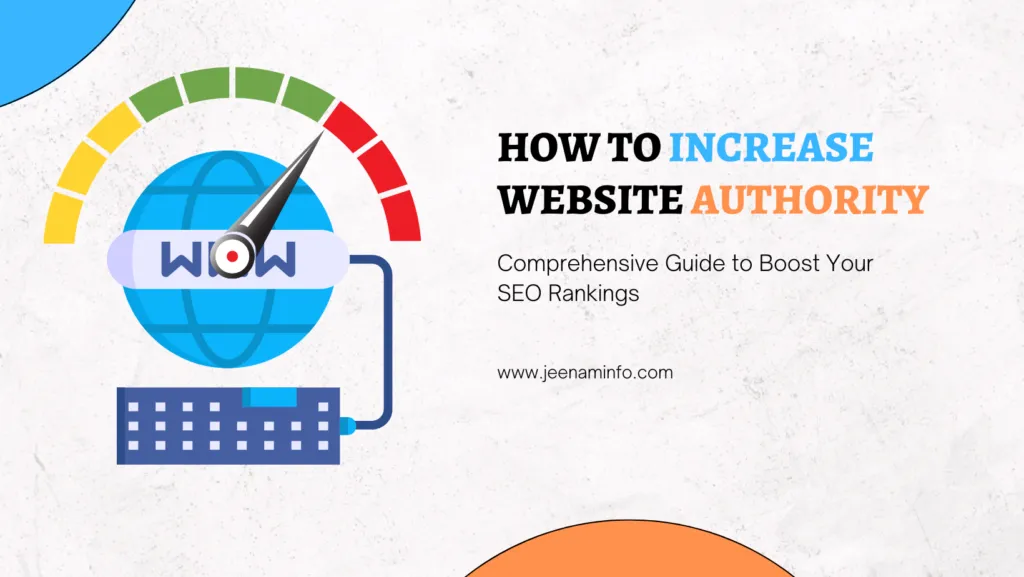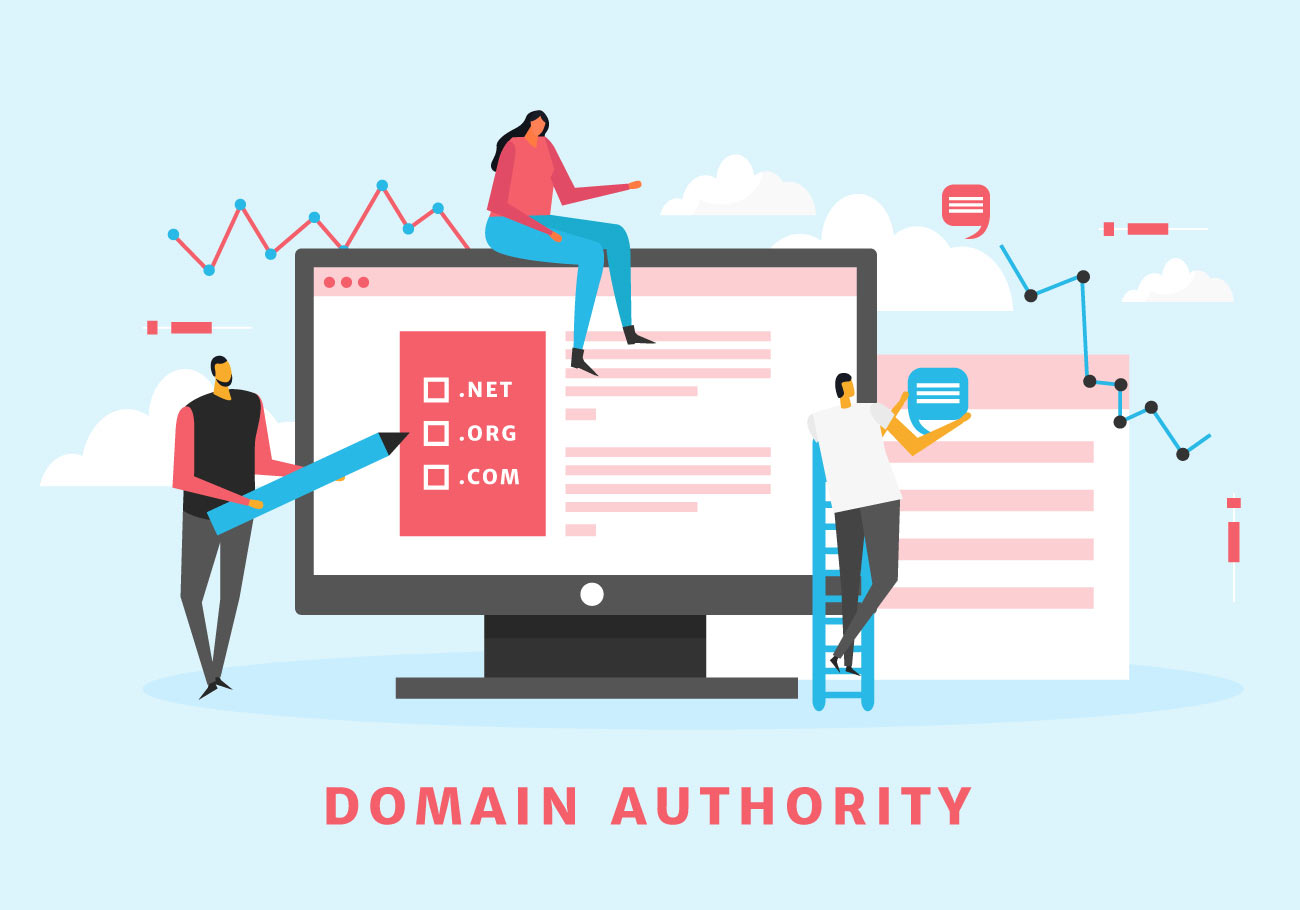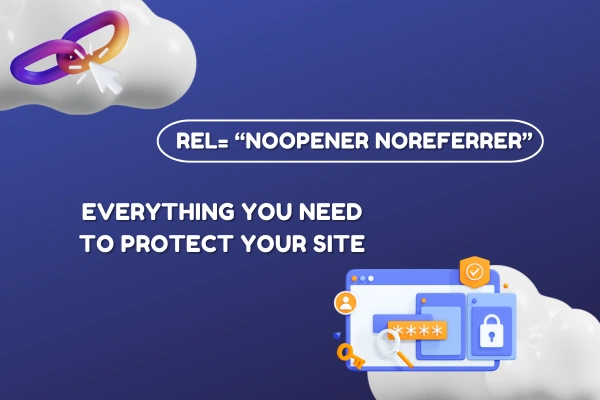Every website owner dreams of having a high-ranking site in search engine results pages (SERPs). One of the essential factors that contribute to these rankings is website authority. In this extensive guide, we’ll discuss the concept of website authority in the context of SEO and offer a step-by-step process for boosting the authority of your website. You’ll have a thorough understanding of the best methods for enhancing the search engine performance of your website at the end of this article.
1. Understanding Website Authority in SEO
A statistic is known as website authority is used to assess a website’s authority and trustworthiness in the eyes of search engines like Google. It’s a measure of the quality and quantity of backlinks pointing to a site, which is an essential factor in determining search engine rankings. Simply said, your website is more likely to rank higher in search results in the higher your website authority.
2. Why Website Authority is Important?
Increasing your website’s authority is essential for the following reasons:
Higher search engine rankings
A higher website authority leads to better search engine rankings for your target keywords, resulting in boosted organic traffic in your site.
Increased trust and credibility
A high-authority website is often perceived as more trustworthy and credible by both search engines and users. This may result in more consumers spending time on your website and higher click-through rates.
Competitive advantage
Your competitors may find it more difficult to outrank you in search results if you have a higher website authority.
3. Metrics Used for Measuring Website Authority
Several SEO tools offer metrics to measure website authority. Some of the most popular ones include:
Domain Authority (DA)
Developed by Moz, Domain Authority is a score ranging from 0 to 100, indicating the likelihood of a website to rank in search results. The higher the DA score, the better the potential for ranking.
Domain Rating (DR)
A metric by Ahrefs, DR also ranges from 0 to 100 and measures the strength of a website’s backlink profile.
Trust Flow (TF)
Developed by Majestic, Trust Flow is a score based on the quality of backlinks pointing to a website. A higher TF score indicates a more trustworthy website.
These metrics are just a starting point for understanding website authority. It’s essential to remember that search engines like Google use their algorithms to determine rankings, which may consider many more factors than these metrics alone.
4. Factors that Influence Website Authority
Several factors can influence your website’s authority:
Quality of backlinks
The authority of your website is significantly impacted by high-quality backlinks from reliable domains as opposed to low-quality connections from suspect websites.
Number of backlinks
The more backlinks pointing to your website, the higher your website’s authority. Instead of just expanding the number of backlinks, it’s imperative to concentrate on developing high-quality backlinks.
Link diversity
Having a diverse range of backlinks from various sources can help improve your website’s authority. Search engines consider link diversity as a sign of a natural and organic link profile.
Link relevance
Links from websites in the same or related niches are more valuable than links from unrelated websites. Relevant backlinks indicate that your content is valuable to users in your industry, increasing your website’s authority.
Anchor text
Using relevant and natural anchor text in your backlinks can help improve your website’s authority. Over-optimizing anchor text or using spammy practices can hurt your site’s authority and may even result in penalties.
Checkout this Article:- Best Link Building Services of 2023
5. How to Check Your Website’s Authority
You can check your website’s authority using various SEO tools, such as Moz’s Domain Authority checker, Ahrefs’ Domain Rating checker, or Majestic’s Trust Flow checker. These tools allow you to input your domain and receive a score representing your website’s authority. Keep in mind that each tool uses its algorithm and scoring system, so the results may vary slightly between them.
6. Strategies to Increase Website Authority
To increase your website’s authority, you need to focus on the following strategies:
1. Create High-Quality Content
Content is king when it comes to increasing your website’s authority. High-quality, informative, and engaging content will naturally attract backlinks and improve your site’s authority over time.
Research your target audience
Understand your audience’s needs and preferences to create content that addresses their pain points and interests.
Focus on evergreen content
Create content that remains relevant and valuable over time, such as how-to guides, tutorials, and case studies.
Use various content formats
Experiment with different content formats such as blog posts, infographics, videos, and podcasts to cater to different user preferences and attract a more diverse range of backlinks.
Checkout this Review:- Writesonic Review [2023]: The Ultimate AI Writing Assistant for Marketing and Content Creation
2. Build High-Quality Backlinks
Building high-quality backlinks is essential for increasing your website’s authority. Here are some strategies to acquire valuable backlinks:
Guest posting
Reach out to relevant websites in your niche and offer to write guest posts in exchange for a backlink to your site.
Resource link building
Identify high-quality resources in your niche and reach out to websites that have resource pages, suggesting they include your content as well.
Broken link building
Find broken links on relevant websites and offer your content as a replacement.
Skyscraper technique
Identify popular content in your niche, create a better version of it, and reach out to websites that have linked to the original content, requesting they link to your improved version.
Checkout this Article:- Link Building for Startups: Boost Your SaaS SEO with Proven Strategies
3. Optimize On-Page SEO
On-page SEO plays a crucial role in improving your website’s authority. Ensure you optimize the following on-page elements:
Title tags
Include your target keywords in the title tags of your pages.
Meta descriptions
Write compelling and keyword-rich meta descriptions to entice users to click on your search results.
Header tags
Use header tags (H1, H2, H3, etc.) to structure your content and make it easy to read.
Image optimization
Optimize images by compressing them and using descriptive alt tags.
Internal linking
Link to relevant pages within your website to improve the overall link structure and help search engines crawl your site more efficiently.
Checkout this Article:- Rank Math vs Yoast SEO: Choosing the Best SEO Plugins in 2023
4. Leverage Social Media
Social media can help increase your website’s authority by driving traffic and attracting backlinks. Implement the following social media strategies:
Share your content
Share your content across various social media platforms to reach a broader audience and generate more engagement.
Engage with your audience
Respond to comments, answer questions, and participate in relevant online communities to build relationships and establish your expertise.
Collaborate with influencers
Partner with influencers in your niche to create and promote content, exposing your website to a larger audience and attracting more backlinks.
Checkout this Article:- Key Metrics and Tools for Analyzing Social Media ROI
5. Improve User Experience
A positive user experience is essential for increasing your website’s authority. Focus on the following aspects to enhance user experience.
Site speed
Optimize your website’s loading speed to ensure users don’t abandon your site due to slow load times.
Mobile-friendliness
Ensure your website is responsive and mobile-friendly, as more users access the internet via mobile devices.
Ease of navigation
Organize your website’s structure and navigation to make it easy for users to find the information they’re looking for.
7. Mistakes to Avoid When Trying to Increase Website Authority
Avoid the following mistakes when working on increasing your website’s authority:
Focusing only on quantity
Building a large number of low-quality backlinks can hurt your website’s authority. Focus on acquiring high-quality and relevant backlinks.
Ignoring content quality
High-quality content is essential for attracting backlinks and improving your website’s authority. Don’t sacrifice content quality for the sake of publishing more frequently.
Using black-hat SEO techniques
Avoid using black-hat SEO techniques such as buying backlinks, spamming, or keyword stuffing. These practices can result in penalties and harm your website’s authority.
8. Monitoring Your Progress
Regularly monitor your website’s authority using the previously mentioned SEO tools. Track the changes in your authority scores and analyze the impact of your strategies. Adjust your approach as needed to continue improving your website’s authority over time.
9. The Role of Your Domain Name
Your domain name plays a role in your website’s authority. A well-chosen domain name can improve your site’s credibility, making it more likely to attract high-quality backlinks. Consider the following when choosing a domain name:
Brandability
Choose a domain name that reflects your brand and is easy to remember.
Keyword inclusion
Including relevant keywords in your domain name can help improve your website’s authority and search engine rankings.
Domain age
Older domains are often perceived as more trustworthy and authoritative by search engines.
Conclusion
Increasing your website’s authority is a long-term process that requires consistent effort and dedication. By focusing on creating high-quality content, building high-quality backlinks, optimizing on-page SEO, leveraging social media, and improving user experience, you can steadily increase your website’s authority and improve its performance in search engine rankings. Avoid common mistakes, monitor your progress, and adjust your strategies as needed to maximize your website’s authority and reach your SEO goals.










